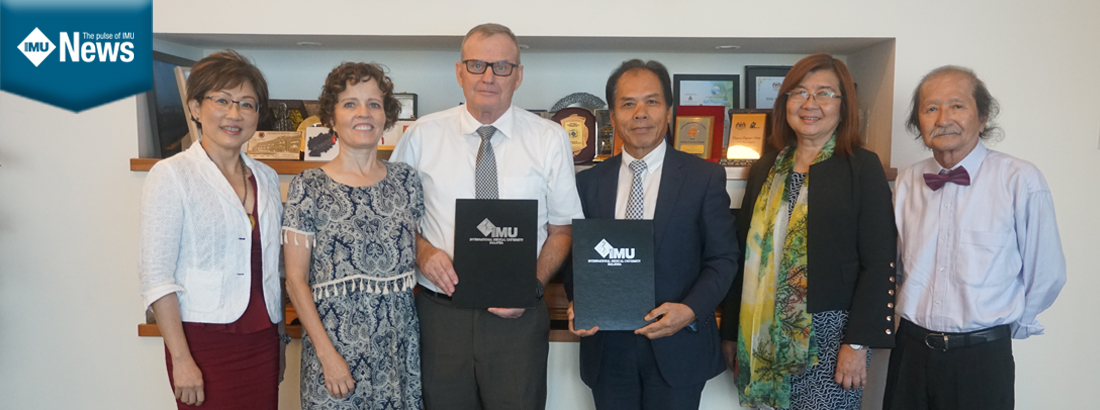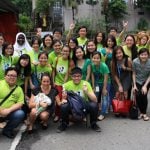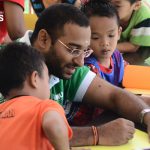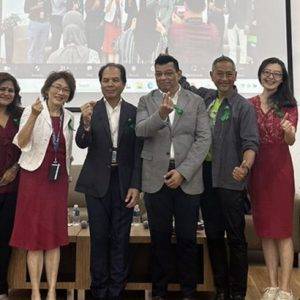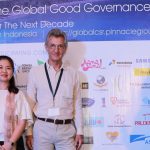27 May 2019 – A Memorandum of Understanding (MOU) was signed between The Malaysian Church of Jesus Christ of Latter-day Saint (LDS) and the International Medical University (IMU). This MOU not only provides more resources to the general public in dealing with personal physical circumstances (ie; injuries, paralysation, etc.) as well as harvesting more strength into the integrity of our healthcare systems, but it also grants the one exception that keeps mankind going, even in the depths of human frailty – hope. The LDS Charities is a global humanitarian organisation that has been involved in over 175 charitable projects in Malaysia since 1985. Its purpose stance primarily on serving the less fortunate and the ones in need by working with local partners to meet local needs along with sustainable local solutions while building capacity in individuals as well as organisations. One of their biggest projects is the Wheelchair Project which spans 133 countries since the year 2001. In 2017 alone, the LDS Charities has donated over 49,000 wheelchairs in 41 countries. The wheelchair projects have been very successful mainly through the initiatives and commitments from partnerships while hinging upon the advocacy of a strong wheelchair champion – one who understands the disabled and is determined by whatever means possible to ensure that any such individual is appropriately equipped to achieve a personalised level of self-reliance and quality of life.
| Here are some facts on Malaysian Wheelchair Placements to date: |
|---|
|
|
|
|
|

Establishing and executing such a project involves a proactive collaboration between one primary partner and a coalition of other partners comprising several Non-Governmental Organisations (NGOs) and Ministry of Health (MOH), both of which may involve the ones located in East and West Malaysia. This new project provides an opportunity to lead a partner towards self-sustainability which begins with wheelchair placements and distributions, wheelchair maintenance, and recycling of wheelchairs.
However – what are the reciprocal moves that govern the partnership?
| The primary aim is to highlight the increasing awareness of the under represented communities of disability, accessibility and, most importantly, equality in terms of respecting the rights of wheelchair users. IMU Cares will collaborate in creating a base of organisations/individuals requiring wheelchairs to be referred to the primary partners. |
| Given the competency/expertise for wheelchair assessments, IMU Cares aims to assess and indicate the suitability of wheelchairs to potential wheelchair users in the IMU Cares-supported communities. |
| IMU Cares aims to establish a standard assessment template for wheelchair users/caregivers to monitor the use of wheelchairs. |
| IMU Cares aims to increase productive capacity-building amongst wheelchair users and their communities through transport mobility, skills training on wheelchair maintenance, etc. |

Most importantly, between the synchronisation of giving and receiving, as highlighted in one of the meetings between LDS and the community partners which was held in Kuala Lumpur, this project is hoped to provide the platform for fostering a sense of gratitude from both ends, which is the fundamental element of this initiative in driving and upholding the well-being of mankind.
Authors: Ryan Robbie Quah Weng Kin and Dr Nikman Adli bin Nor Hashim Acknowledgement and photos by Prof Khoo Suan Phaik




